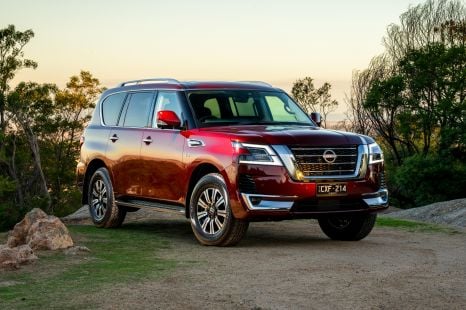

James Wong
6 Days Ago
Tesla’s claims about the capabilities of its semi-autonomous driving technology are reportedly the subject of a fraud investigation in the US.
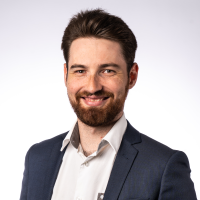
Contributor


Contributor
Electric vehicle (EV) giant Tesla is currently being examined by US prosecutors regarding claims the brand has made about the capabilities of its semi-autonomous driving systems.
Reuters reports word from sources that the US Department of Justice (DOJ) is examining whether Tesla committed wire or securities fraud by misleading both investors and consumers regarding its advanced driver assistance technology.
It’s the latest step in a case first reported by the publication in October 2022, which has centred around whether Tesla, and its outspoken CEO Elon Musk, made statements which suggested the cars could drive themselves.
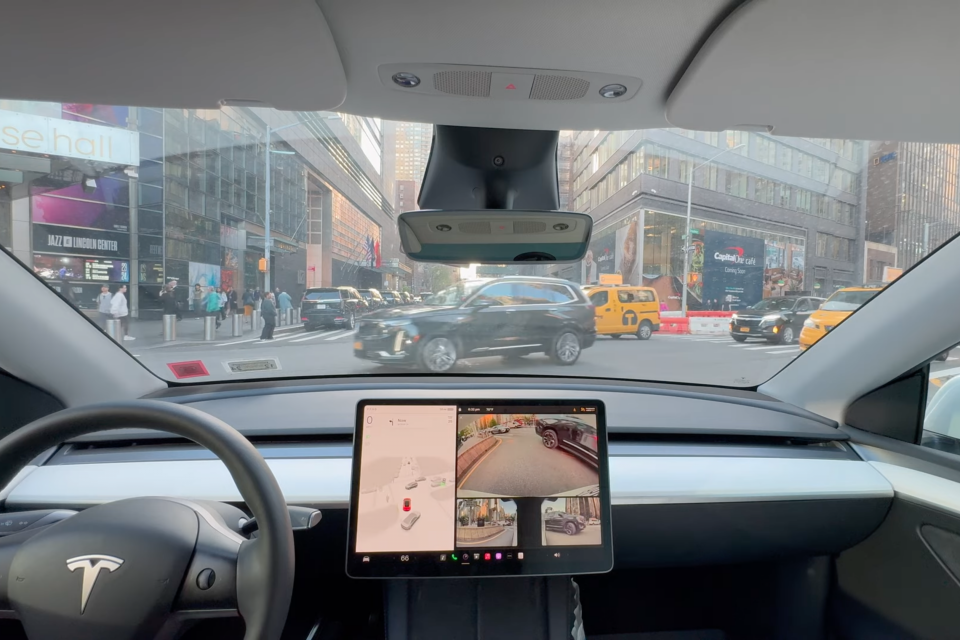
Tesla offers three levels of semi-autonomous driving software, marketed as Autopilot, Enhanced Autopilot and Full Self-Driving.
Autopilot encompasses adaptive cruise control and lane manoeuvring functions, while Enhanced Autopilot adds the ability for the car to navigate and change lanes by itself.
Depending on the market, Full Self-Driving can bring the car to a halt at red traffic lights and stop signs, and has an Autosteer function for urban driving.
While the company warns customers that the systems require humans to take over the controls in the event of an emergency, their names have often drawn the ire of critics who believe they lead drivers into thinking their vehicles are capable of driving without input.
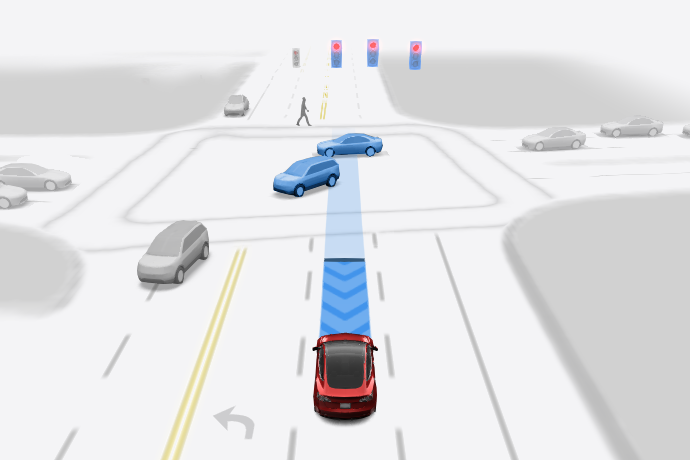
According to Reuters, the Securities and Exchange Commission is also investigating how Tesla touted the capabilities of its autonomous driving systems to investors.
In 2018, a former Tesla engineer testified that a 2016 video published by the carmaker, which showed one of its semi-autonomous EVs driving without human input, was staged through the use of 3D mapping of the predetermined route, while the human behind its steering wheel had intervened in test runs.
Despite this, a card preceding the video said: “The person in the driver’s seat is only there for legal reasons. He is not doing anything. The car is driving itself.”
Mr Musk later uploaded a post to social media platform Twitter – now X, which he also owns – which read, “Tesla drives itself (no human input at all) thru urban streets to highway to streets, then finds a parking spot”.
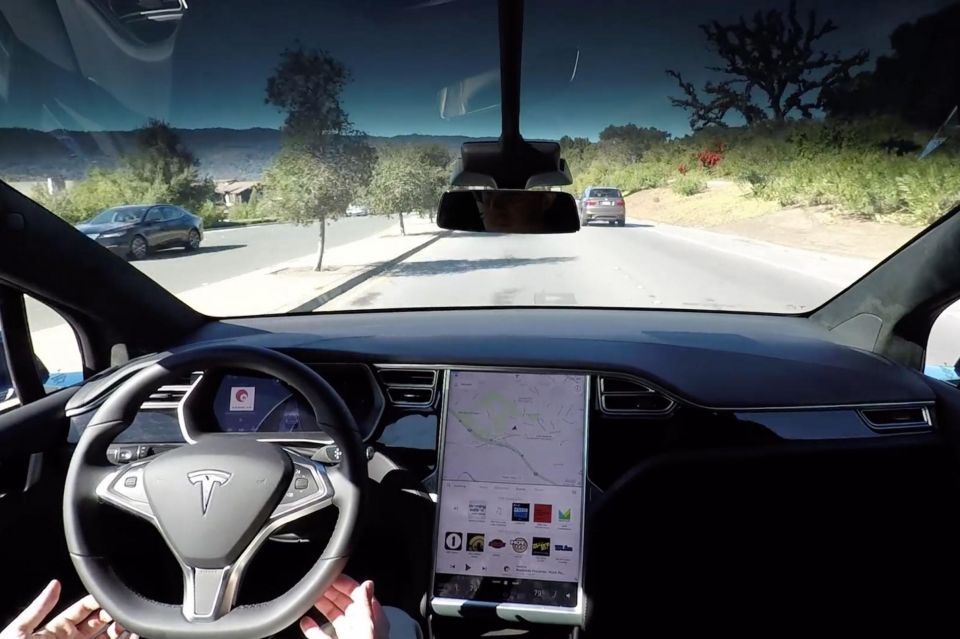
Prosecutors are reportedly yet to proceed with formal investigations as they are currently processing multiple documents supplied by Tesla following subpoenas.
It would also need to prove that Tesla and Mr Musk knowingly made false claims to hold the company and executive accountable for fraud.
Previous investigations by the National Highway Traffic Safety Administration (NHTSA) have found Autopilot was in use before various crashes which resulted in 14 deaths and 54 injuries.
All Tesla vehicles equipped with Autopilot were recalled in the US earlier this year, impacting more than two million cars, after NHTSA found drivers could bypass measures intended to detect misuse of the system.
Following the investigation, NHTSA said it had found “a critical safety gap between drivers’ expectations” of Tesla’s autonomous driving technology “and the system’s true capabilities” leading to “foreseeable misuse and avoidable crashes.”
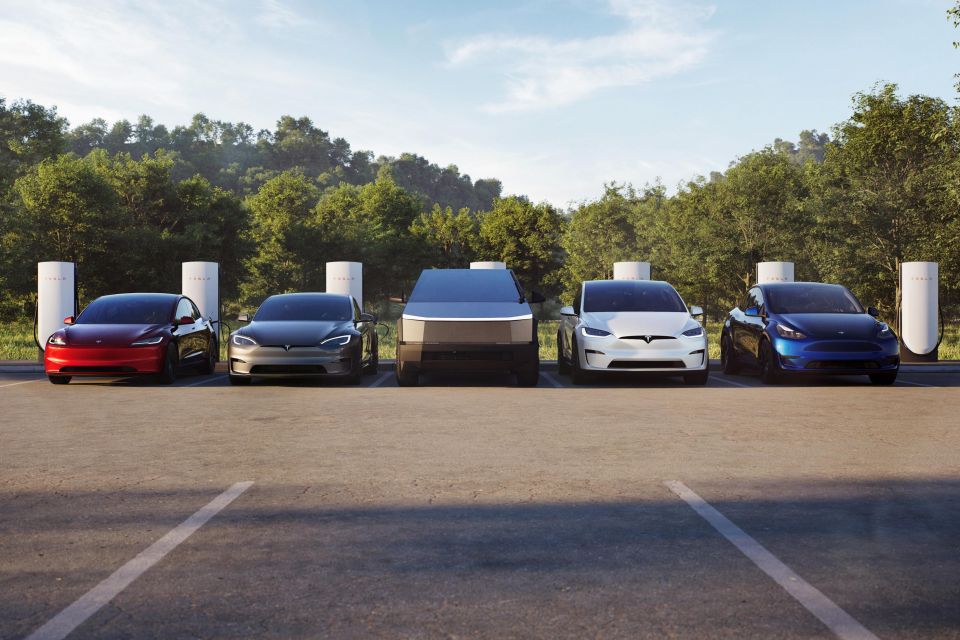
Despite this, Mr Musk has pushed on with the development of the more capable Full Self-Driving system, which is available for all US Tesla vehicles with the hardware to run it for a one-off US$8000 (A$12,100) fee, or monthly for US$99 (A$150).
In 2019, Mr Musk said there would be “over a million Tesla cars on the road with Full Self-Driving hardware” by the middle of 2020, capable of allowing the driver to go to sleep behind the wheel.
After first becoming available to select US ‘beta’ testers in September 2021, Full Self-Driving (also known as FSD) became publicly available to all Tesla vehicles in the US capable of running the system in November 2022 – without road safety regulator approval.
Teslas with FSD were soon recalled in February 2023 for safety concerns, with an over-the-air update rolled out to resolve the failure.
FSD is still without regulatory approval in the US, despite its beta tag being removed in the back end of last year.
Reuters reports Tesla’s lawyers argued “mere failure to realise a long-term, aspirational goal is not fraud” in a 2022 court filing.
MORE: Tesla under US criminal investigation for self-driving claims – report MORE: Tesla engineer admits 2016 self-driving video was staged
Take advantage of Australia's BIGGEST new car website to find a great deal on a Tesla.
Born and raised in Canberra, Jordan has worked as a full-time automotive journalist since 2021, being one of the most-published automotive news writers in Australia before joining CarExpert in 2024.


James Wong
6 Days Ago
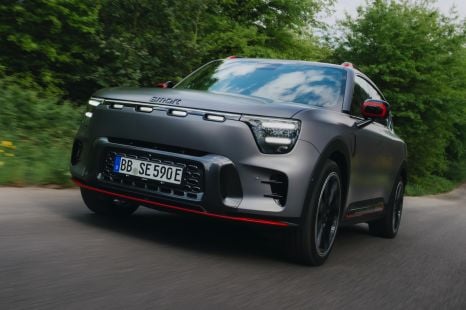
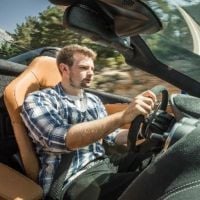
James Fossdyke
5 Days Ago
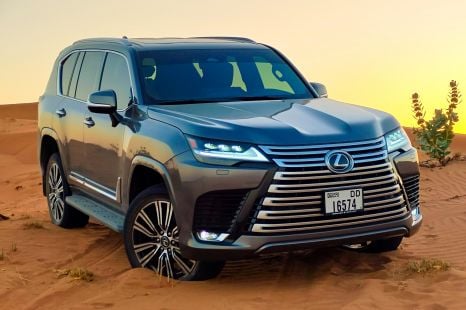
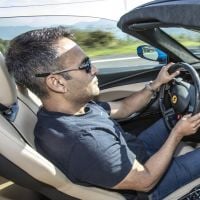
Gautam Sharma
4 Days Ago
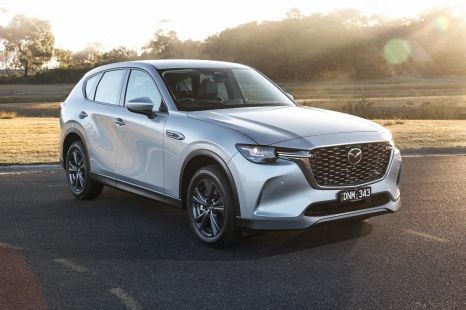

Josh Nevett
2 Days Ago
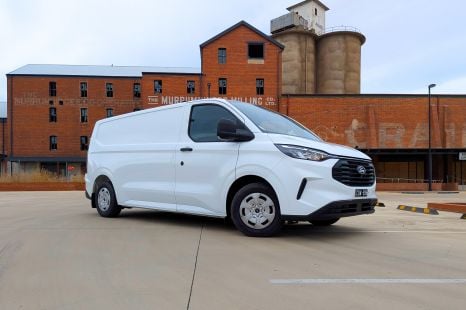

William Stopford
2 Days Ago


William Stopford
11 Hours Ago